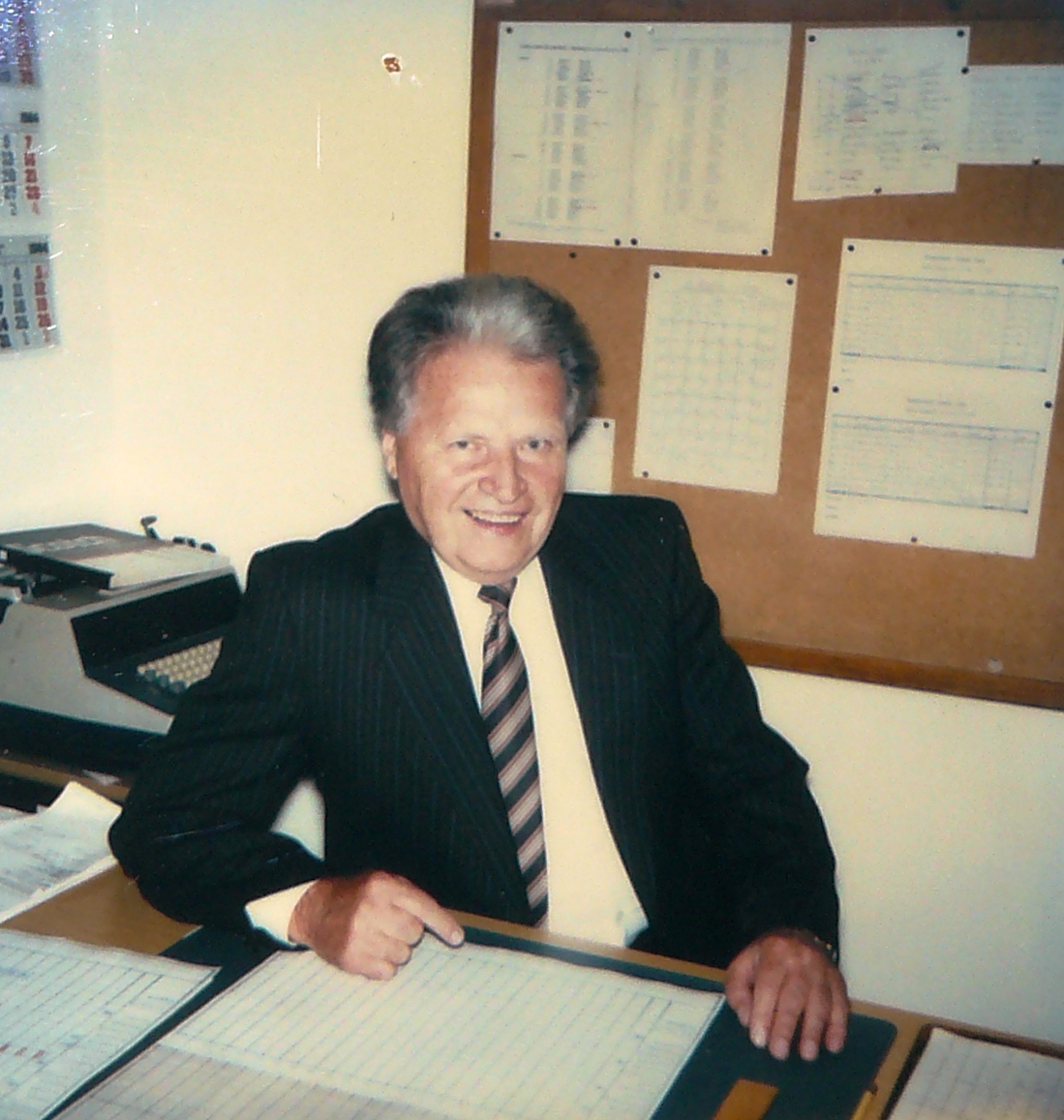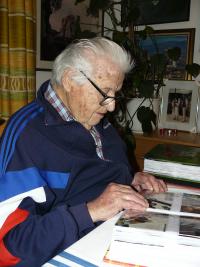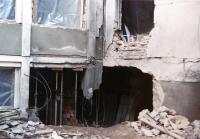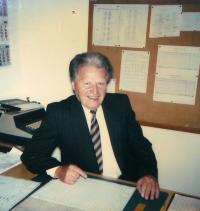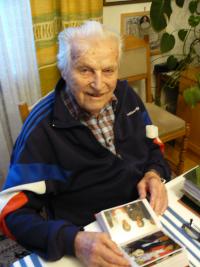I never knew where I would end up...
Viktor Magdolen was born on September 9, 1920 in Chynorany village into a big family of a peasant. He attended the local primary school; however, after finishing the fourth year, his family moved to the village of Veľké Janíkovce, where Viktor’s father rented a farmstead in the early 1930s. Despite the fact that Viktor liked working on the farm, he also yearned for education. After finishing studies at the grammar school in Nitra in 1941, he continued studying at the faculty of law at the university in Bratislava. Both at home and in Bratislava, Viktor actively participated in various activities of Hlinka Youth mainly as an instructor and after the outbreak of the Slovak National Uprising he even became a member of the intelligence department at the Main Headquarters of Hlinka Youth. During the university years he also engaged in his biggest hobby - singing and finally gave up his studies and pursued studying music at the academy in Vienna, where he moved before the end of the war. After finishing his studies at this school, he settled down in Innsbruck; however, several months later, he moved back to Vienna, where he studied singing at the academy for about a year. In the late 1940s he aimed for gaining a high-quality education in the field of music in France. Even though he liked this country, he never intended to settle there permanently. In 1951 he started working for the Radio Free Europe in Munich. In his broadcasting, he was known under the pseudonym of Štefan Korec. He worked for the radio until he retired and now he spends the peaceful years of his senescence in Munich. He gained a honorary citizenship in his native village of Chynorany in 2003.
